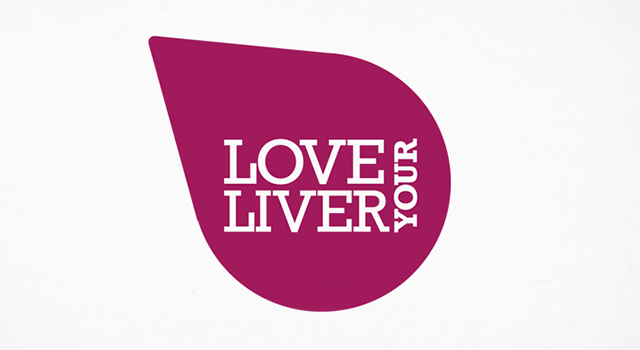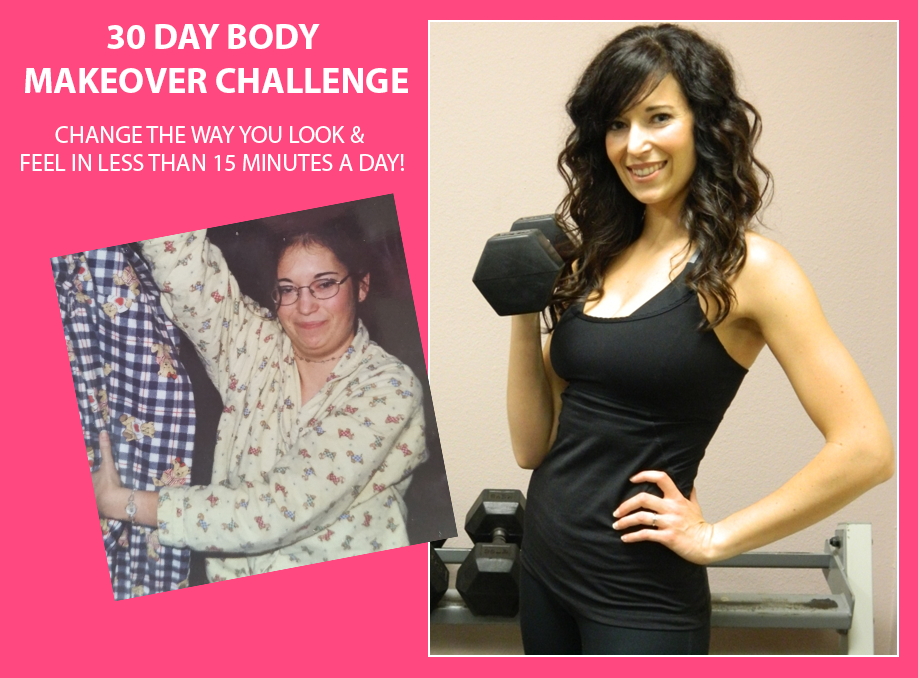Guest Blogger, Gemma Adler
We all know roughly what our liver is. It’s that big, squashy thing above your stomach which ‘detoxifies’ you (among many other functions). Many of us embark upon ‘liver cleanses’, in order to free our livers from the toxins which are theoretically clogging them up, and thereby detoxify their bodies.
 There’s sort of something to that. However, the sad truth of the matter is, while you can certainly make your liver healthier through diet and exercise, you can’t actually do its job for it. The best thing at ‘cleansing’ your liver is your liver itself. What you can do, however, is make its job a lot easier. The best liver detox works not because of what you do put into your liver, but because of what you don’t. Giving your liver a break from processing dietary toxins will allow it to get itself into full working order – which means a generally ‘cleaner’ body.
There’s sort of something to that. However, the sad truth of the matter is, while you can certainly make your liver healthier through diet and exercise, you can’t actually do its job for it. The best thing at ‘cleansing’ your liver is your liver itself. What you can do, however, is make its job a lot easier. The best liver detox works not because of what you do put into your liver, but because of what you don’t. Giving your liver a break from processing dietary toxins will allow it to get itself into full working order – which means a generally ‘cleaner’ body.
Your liver is the largest organ in your body. Its major functions are digestive – it helps to process the things you eat, converting nutrients into forms which can be used by your body (amino acids into blood-thickening proteins, for example), and sending harmful toxins to ‘waste disposal’. As such, it’s incredibly important for your health. People who have serious, irreversible liver damage often suffer a range of degenerative conditions related to an accumulation of toxins, a lack of liver-produced blood proteins, and so on. It’s a nasty end, as unprocessed biological waste slowly overwhelms the failing body. The looming threat of liver failure is the major physical reason why it is imperative that alcoholics and other substance abusers get sober as fast and as healthily as possible.
So far, so scary. Clearly it’s important to keep your liver in good working order! However, there’s a twist in this tale: the liver, like Wolverine, has amazing self-healing powers. So much so that liver donors can regrow pretty much their entire livers from as little as 25% of the original tissue within a single month. Which is good, because if our livers were unable to repair and regrow the cells which are inevitably damaged by the toxins they handle, we’d all succumb to liver disease before hitting our 30s.
But this doesn’t mean that you can go on merrily flinging booze and processed foods down your neck with nary a thought for your liver. Your liver needs a bit of a run-up in order to get down to the important work of regeneration. The reason that alcoholics get liver damage is that they pour large amounts of alcohol through their livers over a sustained period of time. After a while, the liver becomes inflamed, and that inflammation can lead to scarring. This scarring, known as ‘cirrhosis’, leaves portions of tissue which cannot be healed. Once too much of the liver is scarred, the liver can no longer function correctly – and there’s nothing, short of a liver transplant, which can help.
If you want to give your liver the best chance to regenerate itself, and do its job properly, you need to give it a bit of a break. This involves:
- Cutting down (lots) on alcohol. If possible, cut it out completely, for at least a month or so. This will eliminate a major liver workload, and give your liver some serious healing time.
- Moderating your intake of sugars and salts. This is particularly true of ‘artificial’ sugars, like high fructose corn syrup. Some believe that HFCS (and, in fact, fructose in general) is either as bad or worse for your liver than alcohol itself.
- Watching your iron intake. Iron is good for you, for sure. However, taking more of it than you need puts a bit of a burden on your liver. The liver is one of the places iron accumulates when you’ve got too much of it in your system – and it can be ‘corrosive’ when it’s not being used. So don’t overdo it with the iron supplements!
- Stop smoking. If you smoke, you’re not only damaging your lungs, you’re giving your liver a hefty dose of toxins to deal with as well. Give it – and the rest of your body – a break by quitting.
- Cut down on Vit A supplements. The majority of stored Vitamin A in your body is stored within your liver. Like iron, it can cause cirrhosis when it’s sitting around, not being used. The amount of Vitamin A one needs depends a lot on one’s age, biological sex, and any health conditions you may have. If you’re taking a Vitamin A supplement, consult your doctor to determine whether or not you need to come off or cut down on it.
- Don’t take more prescription meds than you need. If you can live with the headache, don’t pop the pain pill. Every drug you take goes through your liver. While you definitely shouldn’t just stop any drugs you’ve been prescribed simply because you’re ‘detoxing’, if your pills are optional, leave them out.
If you follow these guidelines, drink plenty of water, and exercise regularly, your ‘detox’ will happen all by itself, as your liver regenerates and heals. Your liver is an amazing organ, and deserves to be treated with respect.
Like this post? Click here to see how you can get my 30 Day Meal Plan and four SuperFit Kitchen Cookbooks to skyrocket your results!
*The information on this site is designed for educational purposes only and has not been evaluated by the Food and Drug Administration. It is not intended to be a substitute for informed medical advice or care. You should not use this information to diagnose, treat, cure or prevent any health problems or illnesses without consulting your pediatrician or family doctor.
*In addition, there are affiliate links throughout this site and I may receive a commission if you click through and make a purchase. Thank you!




